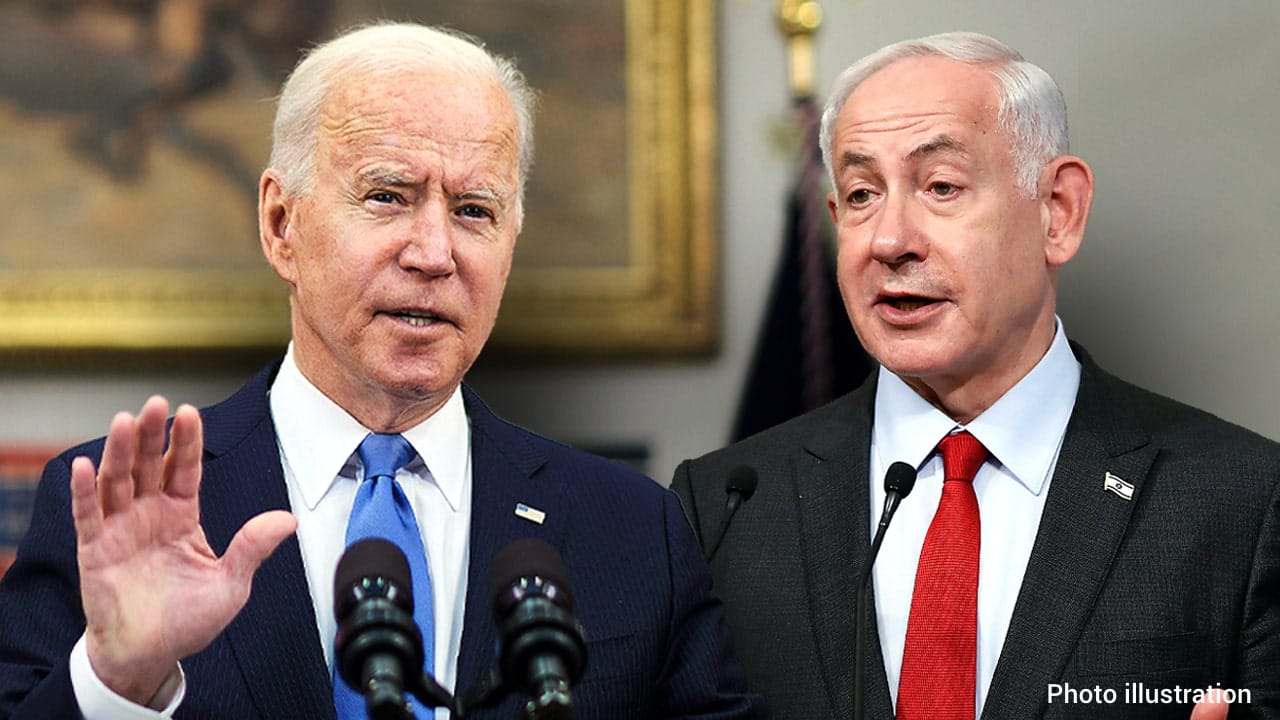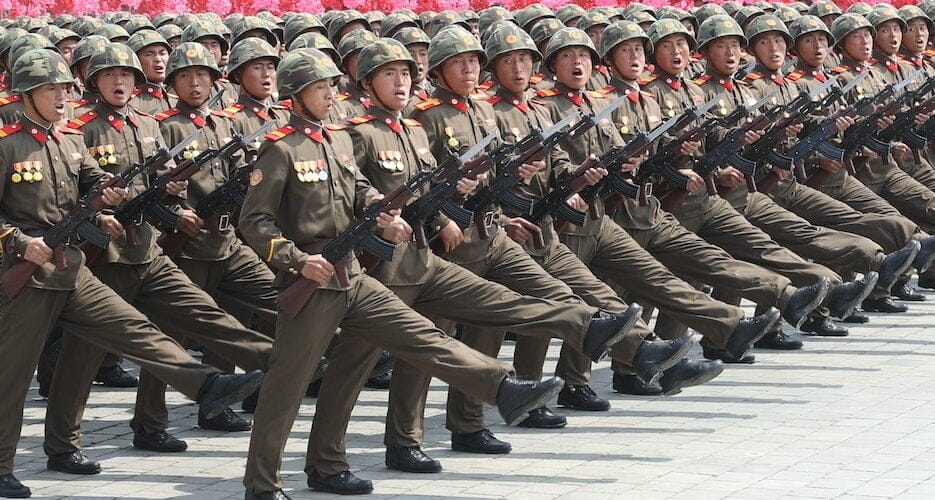In a significant diplomatic engagement, U.S. President Joe Biden and Israeli Prime Minister Benjamin Netanyahu have initiated discussions focused on potential truce talks in Gaza. This dialogue comes at a time when momentum is building for a ceasefire, as both leaders recognize the urgent need to address the escalating humanitarian crisis resulting from the ongoing conflict.
The discussions between Biden and Netanyahu highlight the United States’ role as a key mediator in the region. The Biden administration has been actively involved in seeking a resolution to the violence that has erupted in Gaza, which has resulted in substantial loss of life and widespread destruction. The U.S. has consistently emphasized the importance of protecting civilian lives and ensuring humanitarian access to those affected by the conflict.
During their recent conversations, Biden reiterated the United States’ commitment to Israel’s right to defend itself while also stressing the necessity of minimizing civilian casualties. The President’s balanced approach aims to address the security concerns of Israel while acknowledging the dire humanitarian situation faced by the Palestinian population in Gaza. This dual focus is crucial as the international community calls for an end to hostilities and a return to dialogue.
Netanyahu, for his part, expressed appreciation for the U.S. support and underscored Israel’s determination to ensure its security. The Prime Minister’s administration has faced significant pressure both domestically and internationally regarding its military operations in Gaza. As the conflict continues, Netanyahu’s government is navigating complex political dynamics, including calls for restraint and the need to address the humanitarian needs of civilians caught in the crossfire.
The discussions between Biden and Netanyahu are part of a broader diplomatic effort involving various stakeholders in the region. The United Nations, European Union, and several Arab nations have also been engaged in talks aimed at facilitating a ceasefire and addressing the underlying issues that have fueled the conflict. The involvement of multiple parties underscores the complexity of the situation and the necessity for a coordinated approach to achieve lasting peace.
As the humanitarian situation in Gaza deteriorates, the urgency for a truce becomes increasingly apparent. Reports indicate that thousands of civilians have been displaced, and access to essential services such as healthcare, food, and clean water has been severely compromised. The international community has expressed deep concern over the impact of the conflict on innocent lives, prompting calls for immediate action to alleviate the suffering of those affected.
In light of these developments, the Biden administration is expected to continue its diplomatic outreach, engaging with regional partners and international organizations to build consensus around a ceasefire. The U.S. has a long-standing relationship with Israel, and this partnership is critical in shaping the dynamics of the ongoing conflict. However, the administration also recognizes the importance of addressing the grievances of the Palestinian people, which are central to achieving a sustainable resolution.
The discussions between Biden and Netanyahu are not only significant for the immediate context of the Gaza conflict but also for the broader geopolitical landscape in the Middle East. The outcome of these talks could have far-reaching implications for U.S. foreign policy in the region, as well as for the stability of neighboring countries. A successful truce could pave the way for renewed peace negotiations and a potential framework for addressing the long-standing issues that have fueled tensions between Israelis and Palestinians.
As the situation evolves, the international community will be closely monitoring the developments stemming from the Biden-Netanyahu discussions. The hope is that these talks will lead to concrete steps toward a ceasefire and ultimately contribute to a more comprehensive peace process. The path to peace is fraught with challenges, but the commitment of both leaders to engage in dialogue represents a crucial step forward in addressing the ongoing crisis in Gaza.
In conclusion, the discussions between President Biden and Prime Minister Netanyahu signify a critical moment in the ongoing efforts to achieve a truce in Gaza. As momentum builds for a ceasefire, the focus remains on the urgent need to protect civilian lives and address the humanitarian crisis. The outcome of these talks will be pivotal in shaping the future of the region and the prospects for lasting peace.



